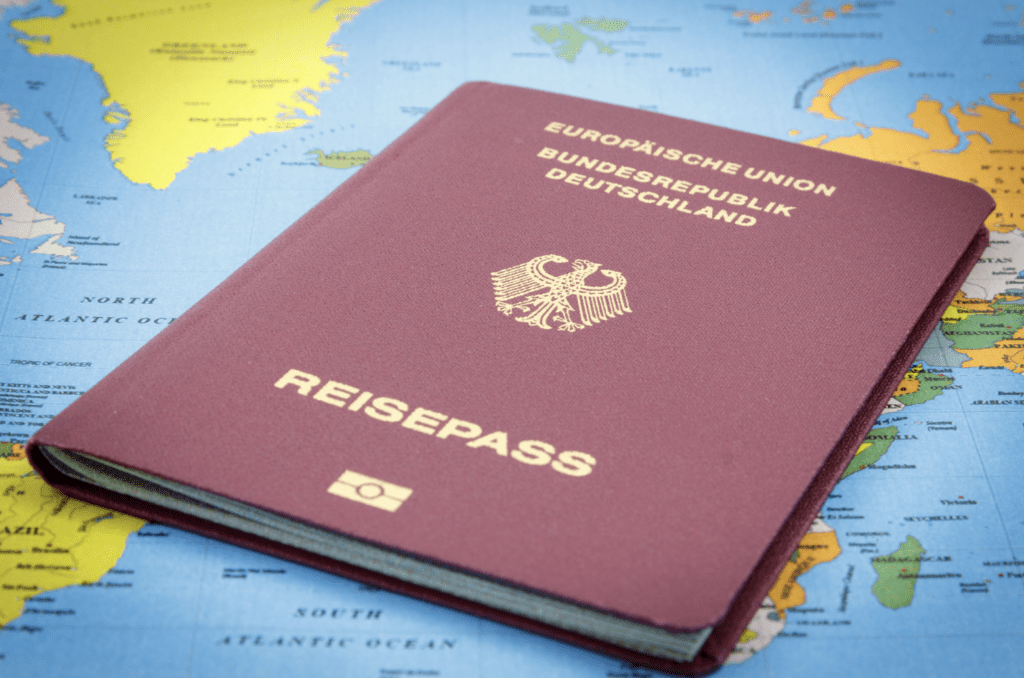Germany has a reputation for being a bureaucratic country. It is supposed to be a red-tape nightmare, so you will have to go through a few procedures. There are lovely cities as well as beautiful nature. You will not be sorry if you make the move.
This article will walk you through the steps for obtaining a German resident permit.
Requirements for a German Resident Permit
- Possess a valid passport from a different nation.
- Have no criminal history
- Have at least a B1 level of German proficiency.
- Have health insurance in Germany.
- Pass a health examination demonstrating that you are fit to work and/or study.
What is the cost of a German resident permit?
You can stay in Germany for longer than the customary 90 days with a German resident permit. Any foreign nationals who are not citizens of the EU, Switzerland, Norway, Iceland, or Lichtenstein must get a residency permit. Depending on your location, between 50 and 110 euros (less for children).
Many foreign citizens will need to apply for a German resident permit from their home countries or obtain a Schengen visa to visit Germany for 90 days. However, certain nations can visit Germany without a visa and apply for a residence permit from within the country during the first 90 days.
Residence Permit Types
There are many sorts of German residence permits available depending on your period of stay and the standards you meet. In general, three types of residency permits allow you to stay in Germany for varying lengths of time.
Temporary Residence
The Temporary Residence Permit (Aufenthaltserlaubnis) is intended for shorter stays in Germany. This form of residence visa only allows you to stay in Germany for a year. It does, however, have the option of being extended if your circumstances do not alter.
Foreign people are granted a Temporary Residence Permit if they have a specific reason for remaining in Germany. When applying for this type of authorization, you must explain why you want to stay, and the card you receive details this. Following that, you are prohibited from engaging in any activity that is not authorized by your residency permit. For example, if you apply for a temporary residence visa to study, it will state that you are only allowed to study and not work. The same holds in reverse.
The majority of international immigrants acquire a temporary residence permit as their first form of authorization. It establishes the foundation for a longer stay in Germany. One of the requirements for a permanent permit is to have held the position.
Employment Purposes
Finding work in Germany allows you to apply for a temporary residence visa. You must first fulfill several conditions, including German fluency, and prove that the job post could not be filled by other German citizens or EU workers. In either case, if you have a job offer, you can apply for an application for a temporary residence permit.
You can apply for a residence permit after receiving permission and meeting the prerequisites. The length of time you can keep your permit is determined by your job contract. If your contract is just for two years, your permission will be valid for the same amount of time. You may, however, extend it as many times as you need as long as you have your work status.
Studying Purposes
Students studying in Germany have the option of working full-time for 120 days or part-time for 240 days. They are generally granted a residency permit for the duration of their program. If they find a job, they can apply for an Employment Residence Permit. German authorities want educated individuals to stay in the nation.
Marriage Objectives
You can stay in Germany if you marry a German citizen or someone who has a permanent residence permit, but you will still require a residence permit. There is no single German residence permit obtained via marriage, but you will be granted permission to remain in the country for the sake of family unification. Same-sex couples are also recognized in Germany and can apply for residence permits once they marry.
The qualifications include a B1 level of German language proficiency and are identical to the standards for other residence permits, which will be discussed further down. The residency permit will be temporary, but after a few years of marriage (typically two years) and some time has passed, it will be renewed.
